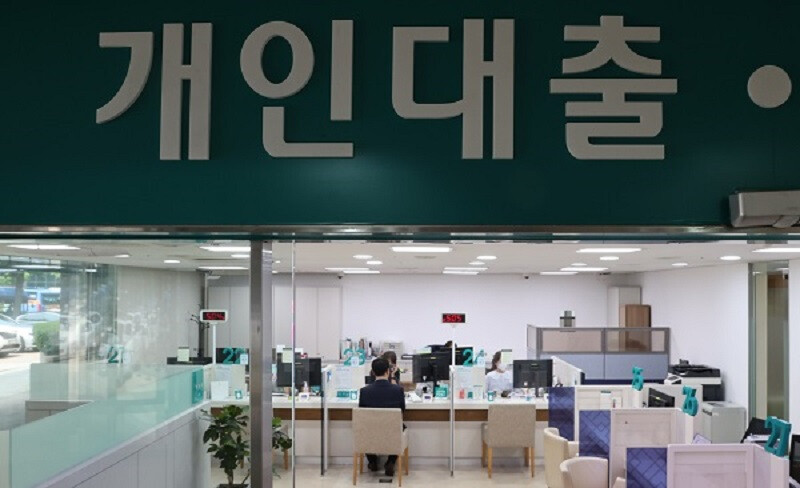
SEOUL – The South Korean government is set to implement a substantial debt relief program, aiming to cancel approximately 16 trillion won ($11.6 billion USD) in overdue debt for 1.13 million struggling small business owners. This "bad bank" initiative targets individual and sole proprietor debtors with unsecured debts of 50 million won or less, delinquent for over seven years. While providing a critical lifeline, the plan has sparked debate over potential moral hazard and fairness to those who diligently repaid their debts.
On June 19, the Financial Services Commission (FSC) announced the "Long-Term Delinquent Debt Restructuring Program." The government will allocate 400 billion won from its budget to establish a debt restructuring entity under the Korea Asset Management Corporation (CAMCO), effectively a "bad bank." CAMCO will collectively acquire and write off eligible non-performing unsecured personal debts. This streamlined process means debtors won't need to apply directly, as financial institutions will sell qualifying delinquent portfolios to CAMCO in bulk.
Relief varies: the most vulnerable, those below 60% of median income with no disposable assets, will receive 100% debt forgiveness. Other eligible debtors with significantly impaired repayment capacity could see principal reduced by up to 80%, with repayment extended up to 10 years. This program is projected to acquire 16.4 trillion won in debt, benefiting 1.134 million individuals.
The total funding requirement is estimated at 800 billion won, calculated at a 5% average purchase rate. 400 billion won will be secured via the second supplementary budget. The remaining 400 billion won is sought from the financial sector. While an FSC official noted past contributions and general consensus, further discussions are needed, and the final cost could exceed 800 billion. However, private financial institutions have reportedly expressed "embarrassment" over the lack of prior consultation regarding this expected contribution.
Criticism largely centers on moral hazard, suggesting the program could disincentivize future repayments. The FSC responded by emphasizing strict screening processes, asserting that support would be "strictly extended only to delinquents who have lost their repayment capacity to a level equivalent to bankruptcy."
Concurrently, the government is strengthening the "Saechulbal Fund" (New Start Fund), a key debt restructuring initiative launched in October 2022 to aid small businesses affected by the COVID-19 pandemic. The expanded fund now offers enhanced support for low-income delinquent borrowers with total debts of 100 million won or less, providing up to a 90% reduction in principal and repayment terms extended to 20 years. This is a significant increase from previous terms (60-80% reduction, 10-year repayment). Eligibility has also broadened, now including businesses that operated until June 2025. With an additional 700 billion won from the supplementary budget, the Saechulbal Fund's expansion is projected to benefit 101,000 individuals with 6.2 trillion won in debt.
These multifaceted measures underscore the government's urgent response to the severe financial strain on South Korea's small business sector, a lingering impact of the pandemic. The initiatives aim to stabilize livelihoods and prevent widespread bankruptcies, carefully balancing economic relief with concerns over financial responsibility.
[Copyright (c) Global Economic Times. All Rights Reserved.]






























